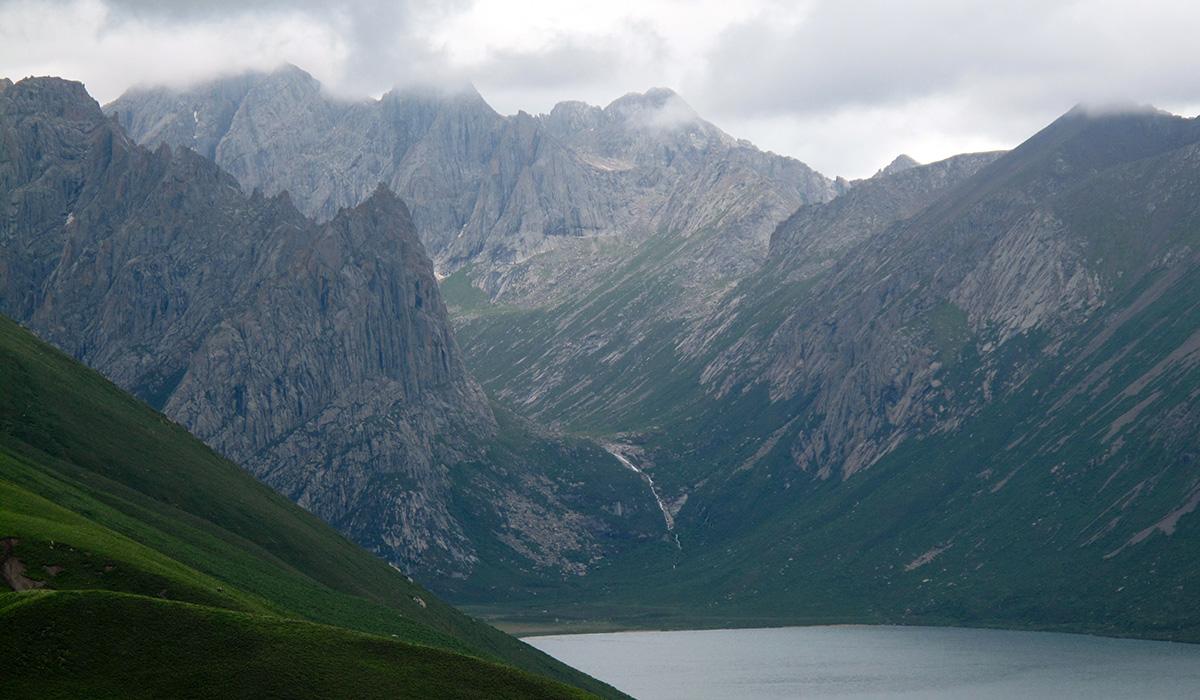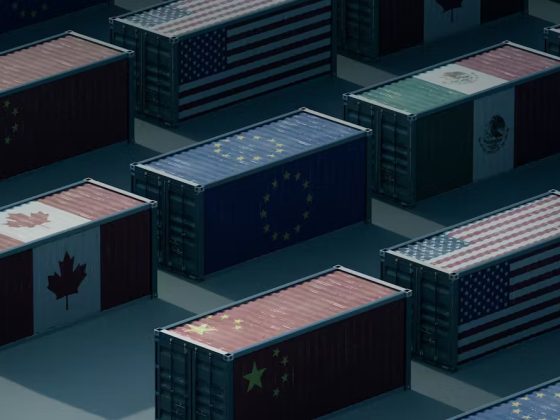In an ever-changing geopolitical landscape, one question endures: “Who runs the world?” Historically, the answer to this question has swung like a pendulum between different power centres. Those of us over 45 will recall a time when the world was essentially divided between two titans: the United States and the Soviet Union. This bipolar world order was straightforward; each superpower ruled its half of the world with iron fists and concrete ideologies.
For the generation below 45, however, the narrative changed. Following the collapse of the Soviet Union, the US emerged as the undisputed global power—a unipolar world. However, over the past 15 years, this narrative has grown more intricate as America shows signs of weariness from playing global policeman and economic architect, and emerging nations challenge the old order.
“Who runs the world?”
Three key developments have fueled this shift. First, Russia, once a formidable power, now dwindles on the periphery of Western integration, a state of affairs met with resentment. Second, China, despite integration into Western economic structures, retained its core values and ideologies, surprising those who anticipated Westernisation in exchange for wealth. Third, globalisation’s disillusioned victims—citizens of prosperous democracies—have expressed growing discontent, feeling marginalised by a system that benefits only the elites.
These elements provide the backdrop for over 90% of today’s geopolitical tension and conflict, creating a world without clear leadership. However, this leaderless world is merely a transient phase. The question now is: what comes next?
The forthcoming decade will not simply be a return to a bipolar, unipolar, or even multipolar world. Instead, we will navigate through three distinct, overlapping orders, each wielding significant implications for our lives, aspirations, and how we perceive and interact with the world.
Firstly, there is the Global Security Order. Here, the United States and its allies hold the reins. America’s unmatched military capability results in a unipolar security order, a situation likely to endure for the next decade.
Next, we have the Global Economic Order. Unlike the security sphere, economic power is dispersed. The US, despite its military prowess, cannot dictate the economic trajectory of other nations. Economic interdependence between the US and China means neither can impose its will on the other. Meanwhile, the EU, India, and Japan hold significant stakes in the global economic arena, creating a multipolar economic order.
Tensions naturally arise between these two orders. The US leverages its national security prowess to attract more economies into its orbit, while China uses its economic might to tilt global diplomacy in its favour. Countries caught in the middle strive to maintain equilibrium, ensuring neither order suppresses the other.
However, beyond these two orders emerges a third: the Digital Order. Here, technology companies, not nations, are the prime movers. These digital behemoths shape global events, influence identities, and hold sway over discourse. They hold the power to dictate who can communicate with millions in real-time, defend nations from cyber threats, and ultimately determine our identities in an increasingly digital world.
These technology titans aren’t just corporate entities; they are global influencers with unprecedented power. As we advance into a new era, they face tough questions on accountability, data privacy, monetisation of user information, and their role in propagating hate and misinformation.
We find ourselves in an age where tech giants have the power to either bolster or undermine democracy. As we navigate this new reality, we must ask: Are these tech leaders content being the principal exporters of tools that can potentially subvert democracy, or will they act responsibly to preserve it?
The future of our world order hinges on the answers to these questions. As we sail into uncharted territory, we must scrutinise the actions of these technology companies, recognising their power to shape not just markets, but our collective destiny.










